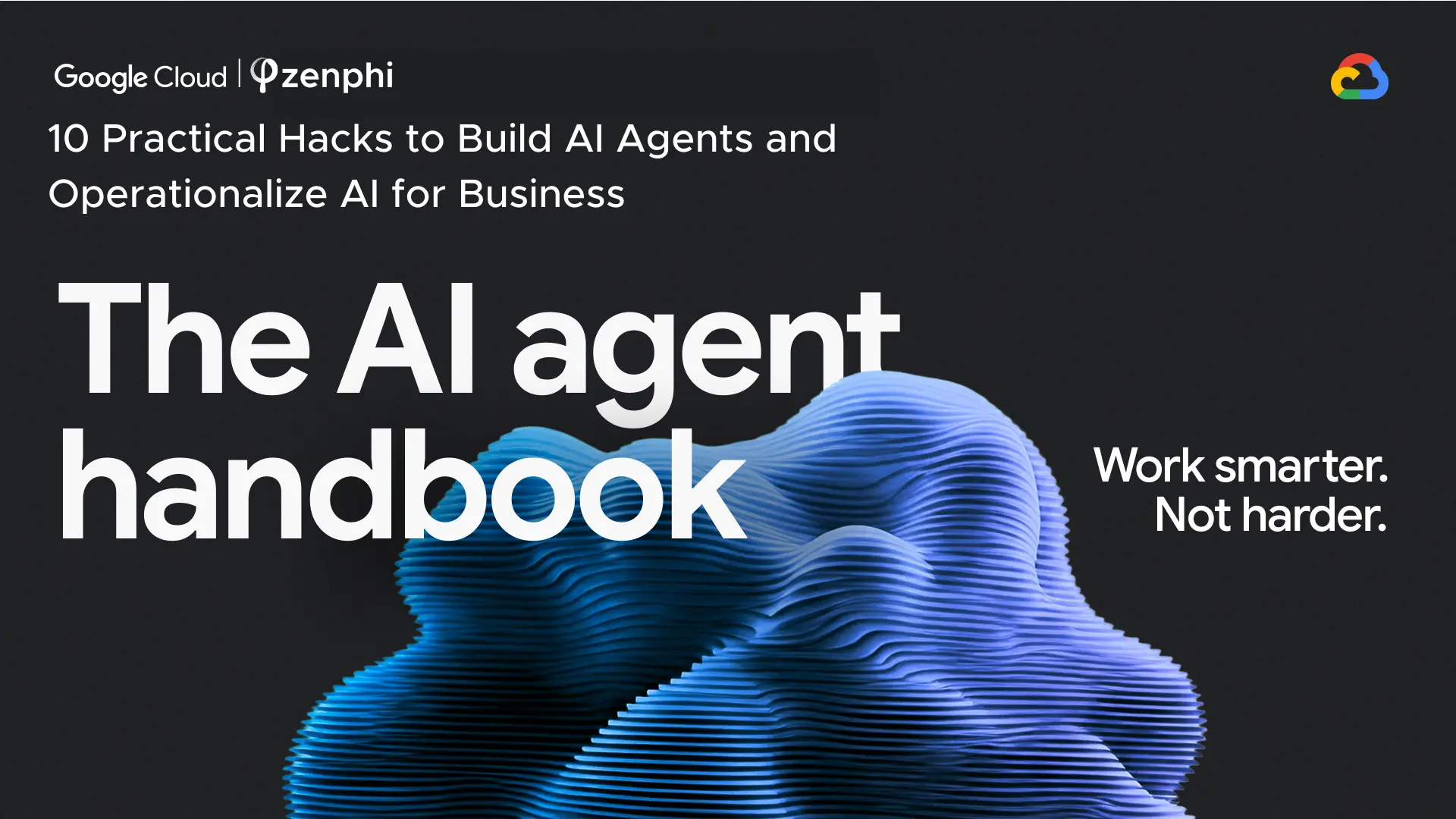If your organization has embarked on the path of digital transformation, it’s crucial to focus on selecting a powerful suite of tools to accelerate your transformation efforts. A well-chosen tech stack has the potential to streamline your operations, foster collaboration, elevate customer experiences, and enhance various other aspects of your business. In this article, we will delve into five essential digital transformation tools to propel your organization towards greater success.

What is Digital Transformation?
Digital transformation is the strategic adoption of digital technologies to fundamentally change how a business operates and delivers value to its customers. It involves reimagining processes, leveraging data-driven insights, and fostering a culture of innovation. These initiatives aim to enhance efficiency, agility, and customer satisfaction while remaining adaptable.
While there are numerous tools that can help you on the transformation journey, let’s prioritize the ones that should be your initial considerations. Here are the five essential categories of tools for digital transformation that provide the quickest return on investment:
1. Digital Office Suites
Digital office suites are the foundation of any modern workplace. They provide a comprehensive set of applications that facilitate communication, collaboration, and productivity. Google Workspace, Microsoft Office 365, and Zoho are prominent contenders in this category.
Google Workspace: Formerly known as G Suite, Google Workspace offers a suite of cloud-based applications such as Gmail, Google Drive, Google Docs, Google Meet, and more. These tools foster real-time collaboration, allowing teams to work together seamlessly, irrespective of their physical location.
Microsoft Office 365: Microsoft’s suite includes familiar tools like Word, Excel, PowerPoint, and Teams. It integrates with other Microsoft products and services, enabling a smooth workflow and enhanced productivity within the Microsoft ecosystem.
Zoho: Zoho provides a suite of productivity and collaboration tools, including Zoho Mail, Zoho Docs, and Zoho Projects. It is known for its user-friendly interface and flexibility, making it an excellent choice for small and medium-sized businesses.
2. Communication Digital Transformation Tools
Effective communication tools are essential for a successful digital transformation journey. Especially in a world where remote and distributed teams have become the norm.
Zoom: Zoom has gained immense popularity for its video conferencing features. In the realm of digital transformation, Zoom empowers teams to connect effortlessly, bridging geographical gaps and facilitating real-time communication. With features like screen sharing, breakout rooms, and integrations with various apps, Zoom enhances collaboration and ensures that your team remains connected and engaged, driving productivity and innovation.
Slack: Slack is a communication platform designed to streamline team conversations, file sharing, and collaboration. It excels in providing a centralized hub for communication, making it easier for teams to stay in sync and share information. Moreover, Slack’s integrations with other digital bsuiness tools, enable seamless workflow automation. By fostering efficient communication and information exchange, Slack becomes a valuable asset on your digital transformation journey, promoting collaboration and enhancing overall productivity.
Loom: In the realm of asynchronous communication, Loom shines. Loom enables teams to create and share video messages, making it a valuable tool for remote teams and distributed workforces. These short video messages can convey complex ideas with clarity and a personal touch, fostering a deeper connection among team members. Loom’s integration with other collaboration tools and project management platforms allows for a more comprehensive approach to communication and knowledge sharing. Asynchronous communication tools like Loom are increasingly important in the digital transformation landscape, as they accommodate diverse work schedules and time zones while keeping teams aligned and informed.
3. Project/Task Management Tools
Project management tools are essential for organizations seeking to streamline workflows, prioritize tasks, and track progress. Explore these tools to boost your project management capabilities:
Jira: Developed by Atlassian, Jira is a leading project management and issue-tracking tool that is especially popular among software development teams.
Trello: Trello’s visual boards and intuitive interface make it an excellent choice for managing tasks and projects, regardless of the industry.
Asana: Asana empowers teams to coordinate work, track projects, and automate routine tasks. It offers a variety of project views and integrations with other tools.
ClickUp: ClickUp is a versatile platform that combines project management, goal tracking, and collaboration features, making it suitable for various business needs.
4. CRM Tools for Digital Transformation
Customer Relationship Management (CRM) tools are essential for businesses to manage interactions with prospects and customers effectively.
Salesforce: Salesforce is a globally renowned CRM solution trusted by businesses of all sizes. It excels in providing a 360-degree view of customer data, enabling organizations to personalize interactions, anticipate customer needs, and drive sales and marketing initiatives more effectively. Salesforce’s extensive suite of tools includes Sales Cloud, Service Cloud, and Marketing Cloud, among others, allowing you to manage your entire customer lifecycle seamlessly. Its robust reporting and analytics capabilities empower data-driven decision-making, while its customization options cater to unique business requirements. Salesforce’s integration capabilities further enhance your digital transformation journey by connecting your CRM data with other essential tools and systems.
HubSpot: HubSpot is a versatile CRM platform known for its inbound marketing and sales automation features. It offers a user-friendly interface to manage contacts, automate marketing campaigns, and track customer interactions. Overall, HubSpot’s CRM is an excellent choice for businesses looking to integrate marketing, sales, and customer service functions into a unified digital transformation strategy.
Zendesk: Zendesk offers customer service and engagement solutions to help businesses build stronger customer relationships through efficient support and engagement.
Pipedrive: Pipedrive is a sales-focused CRM known for its user-friendly interface and robust sales automation features.
5. Process Automation Tools
Process business automation tools play a pivotal role in empowering organizations to streamline repetitive tasks, minimize errors, and enhance operational efficiency. Consider process automation as the essential high-powered engine that turbocharges your entire digital transformation toolset, boosting team productivity. Let’s explore two standout options in this category:
Power Automate for Microsoft. Formerly known as Microsoft Flow, Power Automate allows users to automate workflows across various Microsoft services and third-party apps.
Zenphi for Google Workspace: Zenphi is a no-code process automation platform that integrates seamlessly with Google Workspace. It enables organizations to automate processes within their Google environment and beyond. Zenphi accelerates your digital transformation journey, facilitating document digitization and the automation of critical functions in your organization, spanning IT, operations, finance, HR, and more.
Explore more options in this comprehensive buyer’s guide to process automation software.
Conclusion
In conclusion, digital transformation tools are the driving force behind a company’s ability to adapt, innovate, and stay competitive. By incorporating digital office suites, communication, project management, CRM solutions, and process automation tools into your business strategy, you can embark on a successful journey of digital transformation. Stay ahead of the competition and ensure your organization’s longevity by embracing these essential tools for digital transformation.

